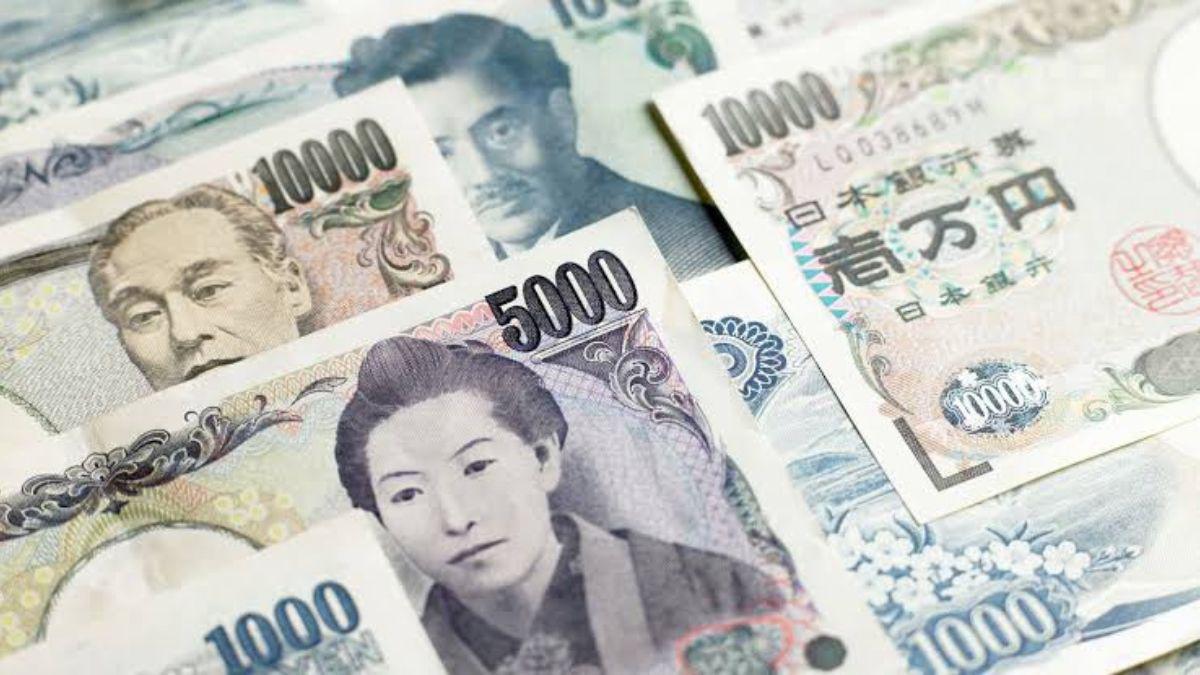Japanese stocks fell sharply today, with the Nikkei Stock Average down by 1% to 36,203.22 yen, reflecting investor concerns over the yen’s continued appreciation. The yen reached a peak of 139 per dollar during Japan’s consecutive holidays, its highest level in over a year. This rise in the yen intensified selling pressure on export-oriented stocks, particularly in the electronics and automotive sectors, due to worries about reduced business performance.
On September 16, while the Japanese market was closed, the yen briefly surpassed the 140 yen mark, hitting 139.58 per dollar. This surge was driven by speculation that the Federal Open Market Committee (FOMC) would implement a 50 basis point interest rate cut, double the usual amount. Meanwhile, expectations are that the Bank of Japan (BOJ) may reinforce its stance on monetary easing at its upcoming meeting on September 19-20, should its economic outlook persist.
Despite a brief rebound, the yen traded around 140.57 per dollar later in the day. The yen’s earlier strength led to a temporary dip to 141.23 yen, before stabilizing. Bond prices rose as a result of falling long-term U.S. interest rates. The December long-term government bond futures closed 14 yen higher at 144.85 yen, and the yield on newly issued 10-year bonds fell to 0.825%, down by 1.5 basis points.
In the Tokyo stock market, the Nikkei Index dropped over 2% at one point, driven by declines in major exporters such as Toyota and Sony. Tokyo Electron was notably down by 5.2%, contributing to the broader fall in the Tokyo Stock Price Index (TOPIX), which closed at 2555.76, down 0.6%.
The strength of the yen and the potential impact of U.S. interest rate cuts have created uncertainty in the market. Ikuo Mitsui from Aizawa Securities highlighted that major banks and insurance firms with significant U.S. exposure could face selling pressure due to lower U.S. interest rates affecting their profit margins.
In the bond market, expectations of a substantial rate cut by the FOMC have bolstered bond prices, with the yield on the newly issued 30-year Treasury note falling below 2% for the first time since early August. Takahiro Otsuka from Mitsubishi UFJ Morgan Stanley Securities noted that ongoing expectations of a 50 basis point cut in U.S. interest rates are exerting downward pressure on Japanese interest rates as well. Additionally, comments from Sanae Takaichi, a prominent LDP leadership candidate advocating for continued monetary easing, are contributing to the market’s cautious stance.
Overall, market participants remain vigilant as they await further clarity on the FOMC’s decisions and the BOJ’s forthcoming policy actions.

